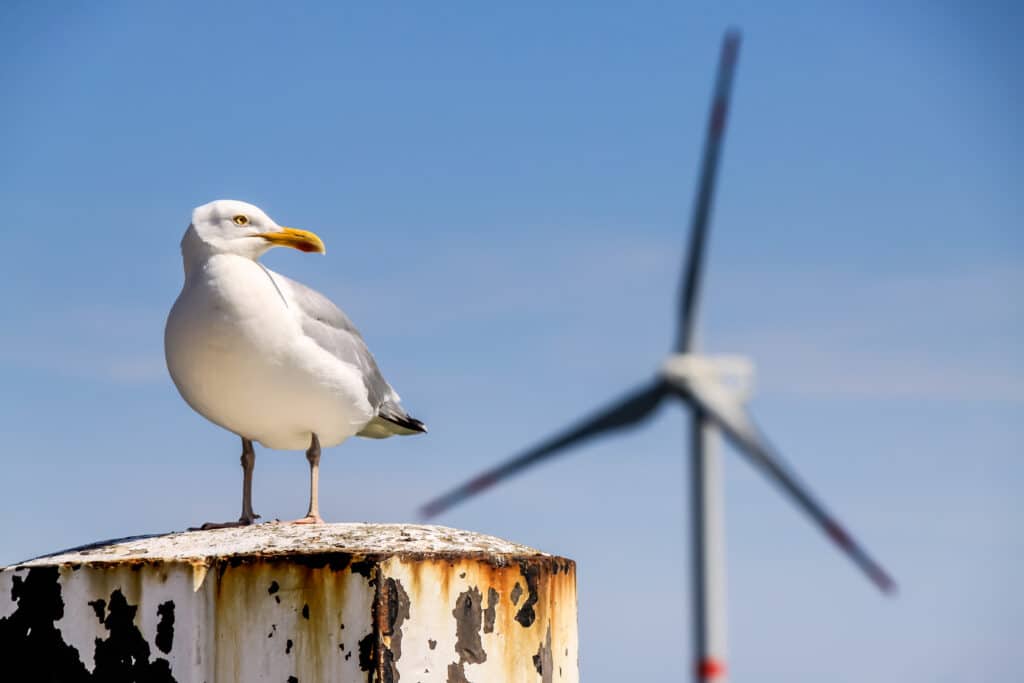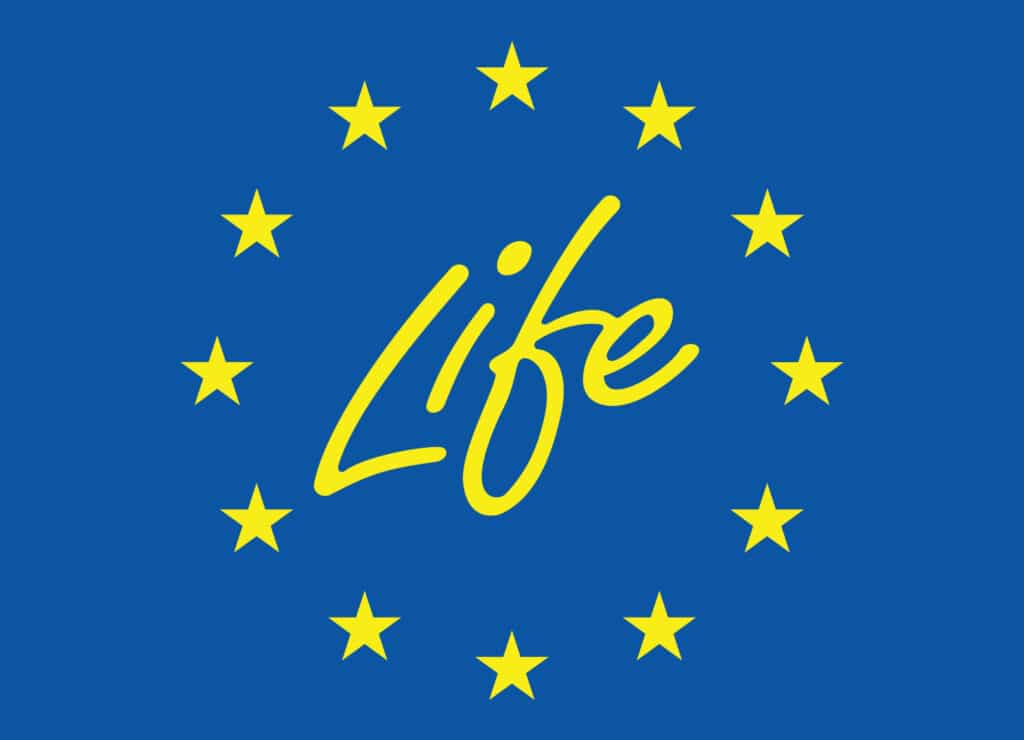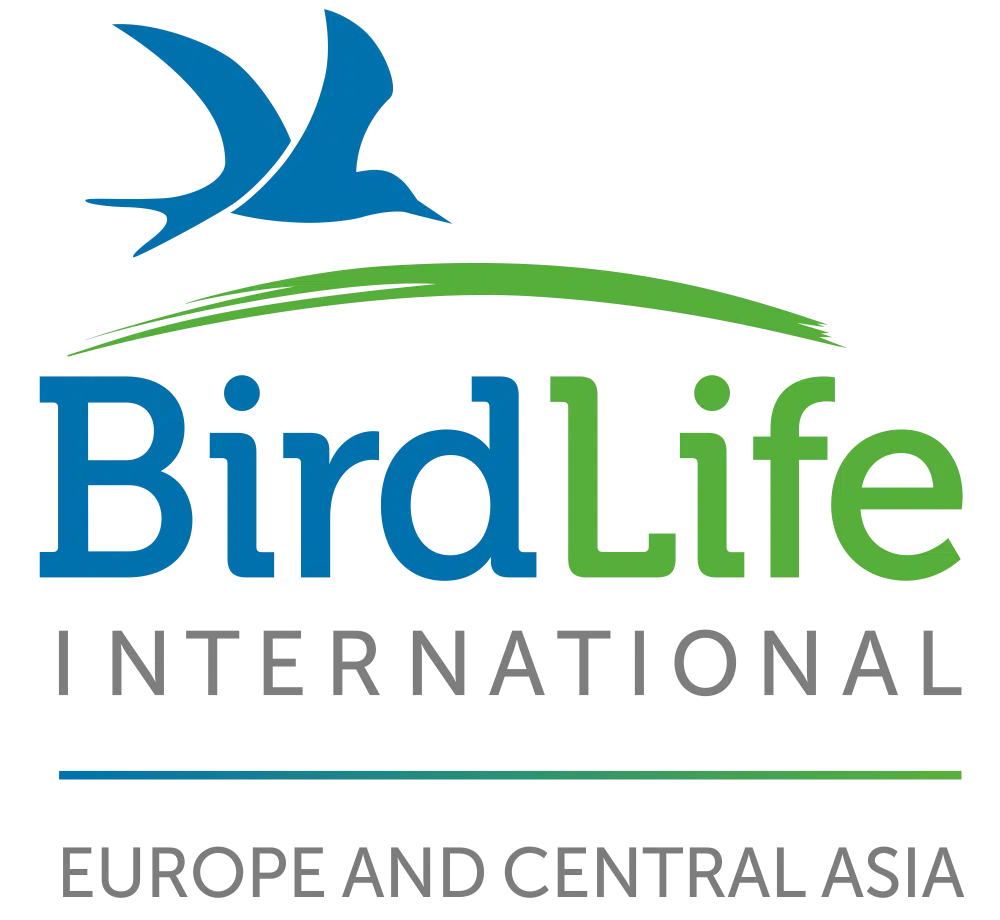Press Release: EU Parliaments Environment Committee votes in favour of less environmental procedures

EUs plans to accelerate transition to renewables can cost nature a hefty price
Today the European Parliament’s Environment Committee voted to permit “go-to” areas for developing renewable energy projects. This means that projects that want to be developed in the “go-to” areas get faster licensing than other areas. And while this might come across as the right step to accelerate the transition to renewable energy, nature will still pay a dear price if the EU continues down this path.
In order to deliver faster licensing processes, the EU Parliaments environment committee has shockingly voted to axe environmental impact assessments, the main procedure that is in place to identify possible risks to the environment and people that a development might cause, and how to avoid or offset those effects.
The vote today was part of amendments of the Renewable Energy Directive (RED IV) that is part of the larger “REPowerEU Package”.
Ariel Brunner, Deputy Director, BirdLife Europe: “If anyone could have improved the Commission’s proposal, it would have been the European Parliament’s Environment Committee. But instead, they buckled to government lobby pressure and are helping undermine environmental law even further. If these amendments become a reality, the directive will lay the axe to well-functioning overarching environmental standards, such as environmental impact assessment.”
Another critical aspect is that areas in existing spatial plans of Member States should retrospectively be able to be labeled as “go-to” areas, even if they do not meet the criteria set by the parliamentarians.
According to the latest plans, for example, storage facilities for inorganic chemicals or underground facilities for the storage of flammable gas in “go-to” areas are to be exempted from the requirement for an environmental impact assessment.
The text also creates new legal uncertainties that will delay renewable energy projects rather than accelerate them.
Carla Freund, EU climate and energy expert, NABU: “It is devastating to see that the regulatory options we identified, that would have ensured real long-term acceleration, including two-stage spatial planning process with a focus on renewable projects that can be implemented quickly in already built areas, were not picked up. Instead, a pandoras box of deregulation was opened. Environmental policymakers need not be surprised if other industries follow suit and insist on turning their backs on environmental legislation.”
For more information, please contact:
Carla Freund, EU Climate and Energy Expert, NABU (BirdLife’s Partner in Germany)
+32 484 78 21 29
[email protected]
Honey Kohan, Communication Manager, BirdLife Europe and Central Asia
+32 483 55 95 43
[email protected]
BirdLife Europe and Central Asia is a partnership of 43 national conservation organisations and a leader in bird conservation. Our unique local to global approach enables us to deliver high impact and long-term conservation for the benefit of nature and people. BirdLife Europe and Central Asia is one of the six regional secretariats that compose BirdLife International. Based in Brussels, it supports the European and Central Asian Partnership and is present in 43 countries including all EU Member States. With more than 4100 staff in Europe, two million members and tens of thousands of skilled volunteers, BirdLife Europe and Central Asia, together with its national partners, owns or manages more than 6000 nature sites totalling 320,000 hectares.
Picture by Bildwerfer_StephanG/Shutterstock.com
You might also be interested in:
 | Stichting BirdLife Europe gratefully acknowledges financial support from the European Commission. All content and opinions expressed on these pages are solely those of Stichting BirdLife Europe. The European Commission is not responsible for any use that may be made of the information it contains. |









